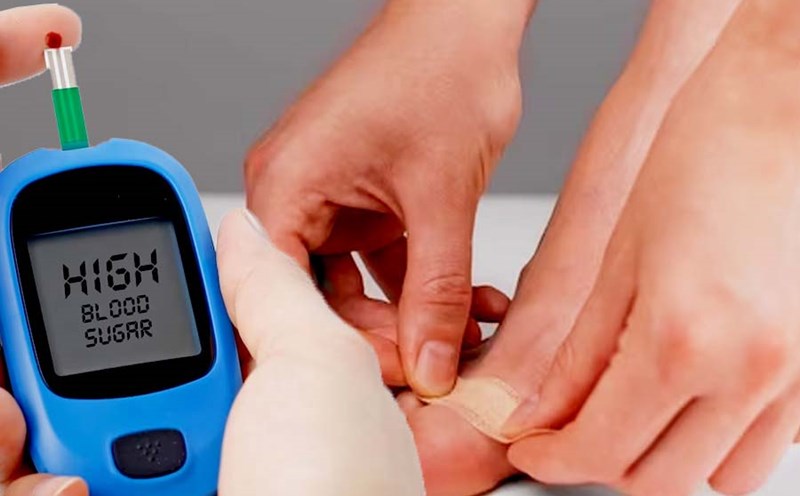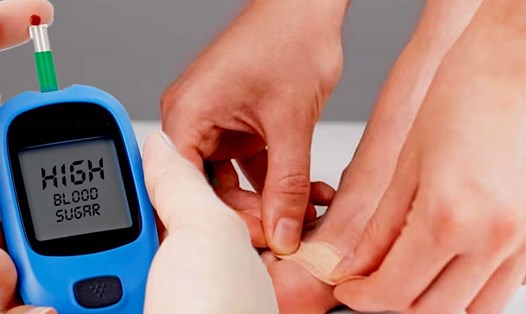What is insulin?
Insulin is a substance secreted by cells in the pancreas, the only hormone in the body that has the effect of lowering blood sugar. It has the effect of metabolizing carbohydrates in the body. Insulin also has the effect of metabolizing fat tissue and the liver to provide for the body's activities.
After eating rice, a large amount of starch will enter the body. Then the starch will increase the stimulation to the beta cells in the islets of pancreas to secrete insulin. Then, insulin will convert the starch into glucose.
When the body is hungry, the amount of glucose in the blood decreases, glycogen will be converted back into glucose to continue entering the blood, ensuring blood sugar levels.
Diabetes is caused by high blood sugar levels. Insulin greatly affects blood sugar levels. It is a hormone that inhibits the conversion of glycogen into glucose and into the blood. If the body lacks insulin, glycogen will not stop converting and put an excess amount of glucose into the blood, causing diabetes.
Side effects when diabetics use insulin
Insulin is a very important drug in the treatment of diabetes. However, this drug also has dangerous side effects and diabetics need to be aware.
Hypoglycemic
After injecting insulin, there is a risk of sudden hypoglycemia which can have a major impact on the patient. Common symptoms of hypoglycemia include fatigue, dizziness, headache, visual disturbances and sweating. This situation occurs when an overdose of insulin is taken.
To avoid this condition, patients should immediately eat foods high in sugar such as candy, drink sugar water, etc. Always prepare food and candy with them in case of sudden hypoglycemia.
Diabetic patients should take care to inject the correct dose and time as prescribed by the doctor. Follow a balanced diet with the amount of medication injected.
Insulin injection site reaction
Local reactions such as redness, itching or swelling at the injection site may occur. These symptoms may subside after a few days and worsen after a few weeks. Rarely, symptoms such as difficulty breathing, wheezing, low blood pressure, increased heart rate or sweating may occur after injection.
Weight gain
Insulin can stimulate anabolism and lead to weight gain. For people with diabetes who continue to eat a high-calorie diet, this can lead to uncontrolled weight gain.
People with diabetes should follow the menus provided by doctors and nutritionists for each individual. Then, patients will still have enough daily nutrition, avoid excessive abstinence that causes hypoglycemia and minimize overweight.
Lipodystrophy at the injection site
When using an insulin pen, patients often experience atrophy of the subcutaneous fat layer at the injection site. This condition is common in children and women. Patients should avoid injecting into the same site multiple times to avoid the above side effects.
In addition, regular daily massage or exercise also reduces the side effects of lipodystrophy.










